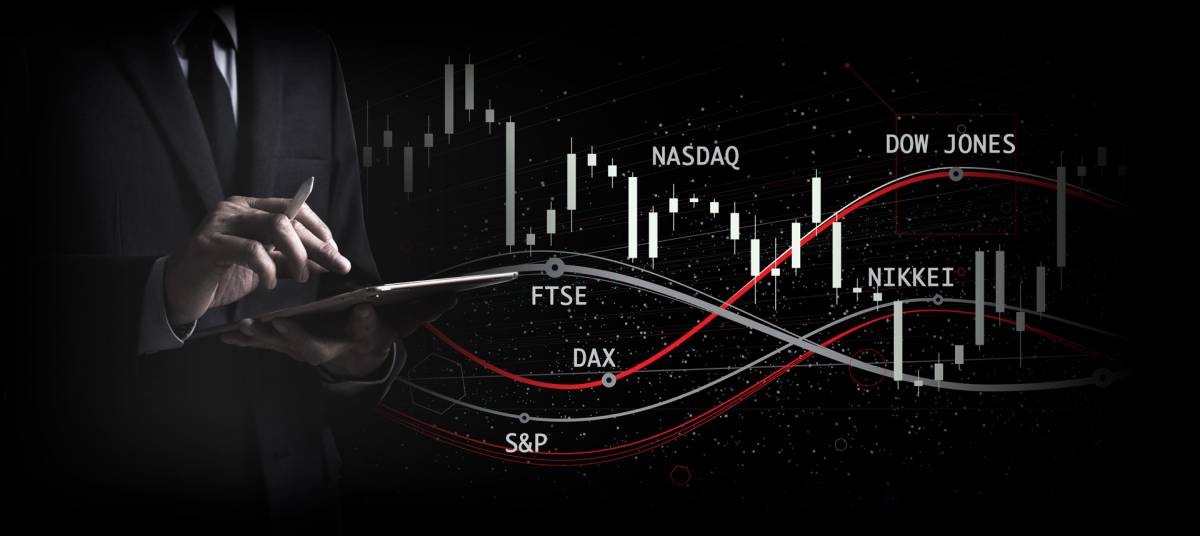 The global financial market is a vast and highly lucrative space, while its total value is incredibly hard to quantify.
The global financial market is a vast and highly lucrative space, while its total value is incredibly hard to quantify.
However, it’s fair to say that the UK is one of the largest single markets in the world for fund management (along with the US and Japan), with the cumulative value of assets under management on these shores estimated at £9.1 trillion.
Increasingly, UK investors are inclined to trade domestic and international indices. But what does it mean to trade indices, and what are the main benefits of this practice?
What are Indices?
In simple terms, indices work by measuring the price performance of a group of shares on a specific exchange.
For example, the iconic FTSE 100 tracks the 100 largest companies listed on the London Stock Exchange, offering investing exposure to a broad range of assets through a single, open position.
Of course, there are also various types of indices located across the globe, with some (like the FTSE 100) offering access to a national economy and others restricted to specific industries and markets.
The FTSE 100 is one of the world’s most widely traded indices, along with the DJIA (Wall Street) and DAX (Germany 30). The former measures the real-time value of the 30 largest blue-chip stocks stateside, while the latter tracks the performance of the 30 most generative businesses listed on the Frankfurt Stock Exchange.
Another popular indice exists in the form of the Nasdaq 100, which may also be referred to as the US Tech 100.
This reports the value of the 100 largest non-financial and tech-led stocks in the United States, while there’s some crossover between this asset and the coveted S&P 500 (which measures 500 large-cap companies in North America).
What are the Benefits of Indice Trading?
Indices prices are impacted by a diverse range of factors, from wider economic and geopolitical news (where relevant) to the individual performance of companies and their quarterly financial results.
Large scale company announcements are also impactful, especially when they relate to mergers, acquisitions or high profile changes in commercial leadership.
While this can make trading indices challenging, there are numerous advantages to this practice. For example, indices trading with spread bets and CFDs enable you to speculate on potential price movements within a predetermined period of time, so you can go long or short depending on what your analysis tells you.
Interestingly, both spread bets and CFDs are referred to as leveraged products, which means that you can control disproportionately large positions with a small, initial deposit.
So, indices trading allows you to trade with inflated leverage, optimising your potential returns over time.
Of course, this can also see you incur disproportionate losses when trades turn against you, although you can negate this risk by utilising online management tools such as stop losses.

Founder Dinis Guarda
IntelligentHQ Your New Business Network.
IntelligentHQ is a Business network and an expert source for finance, capital markets and intelligence for thousands of global business professionals, startups, and companies.
We exist at the point of intersection between technology, social media, finance and innovation.
IntelligentHQ leverages innovation and scale of social digital technology, analytics, news, and distribution to create an unparalleled, full digital medium and social business networks spectrum.
IntelligentHQ is working hard, to become a trusted, and indispensable source of business news and analytics, within financial services and its associated supply chains and ecosystems



























